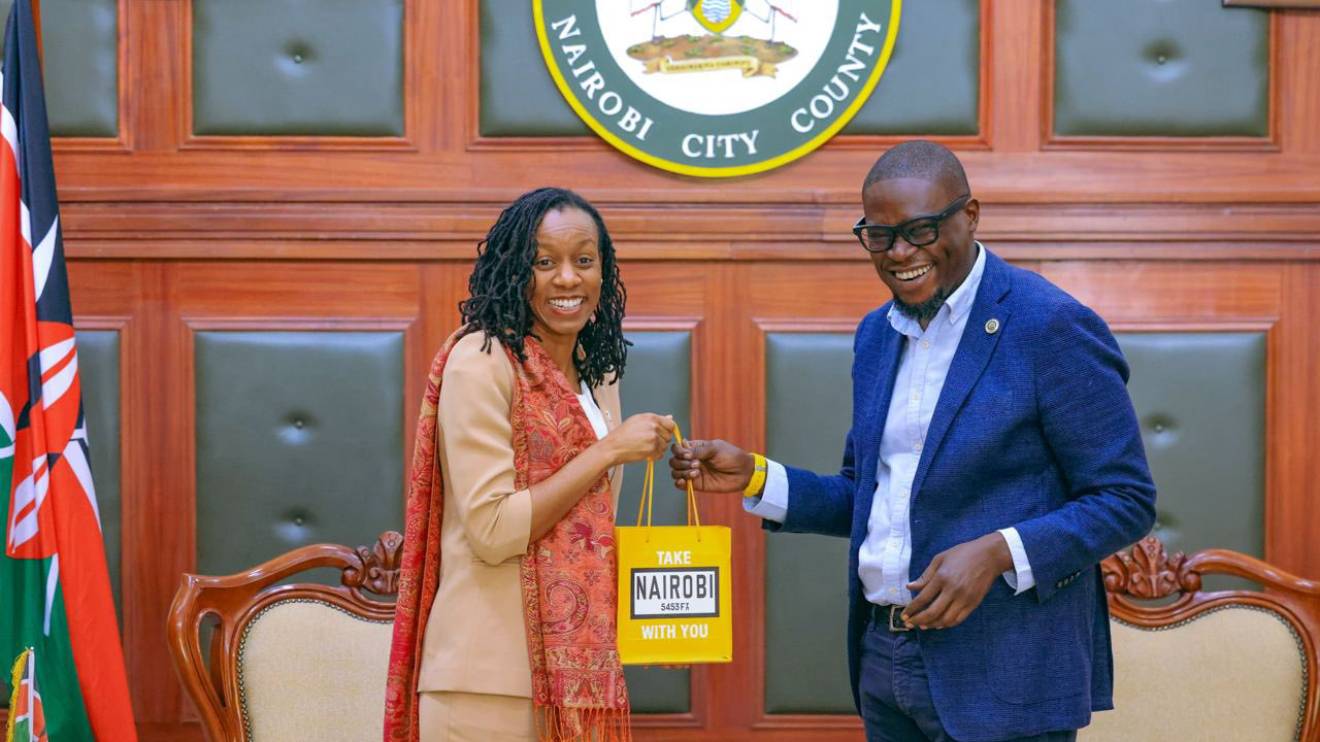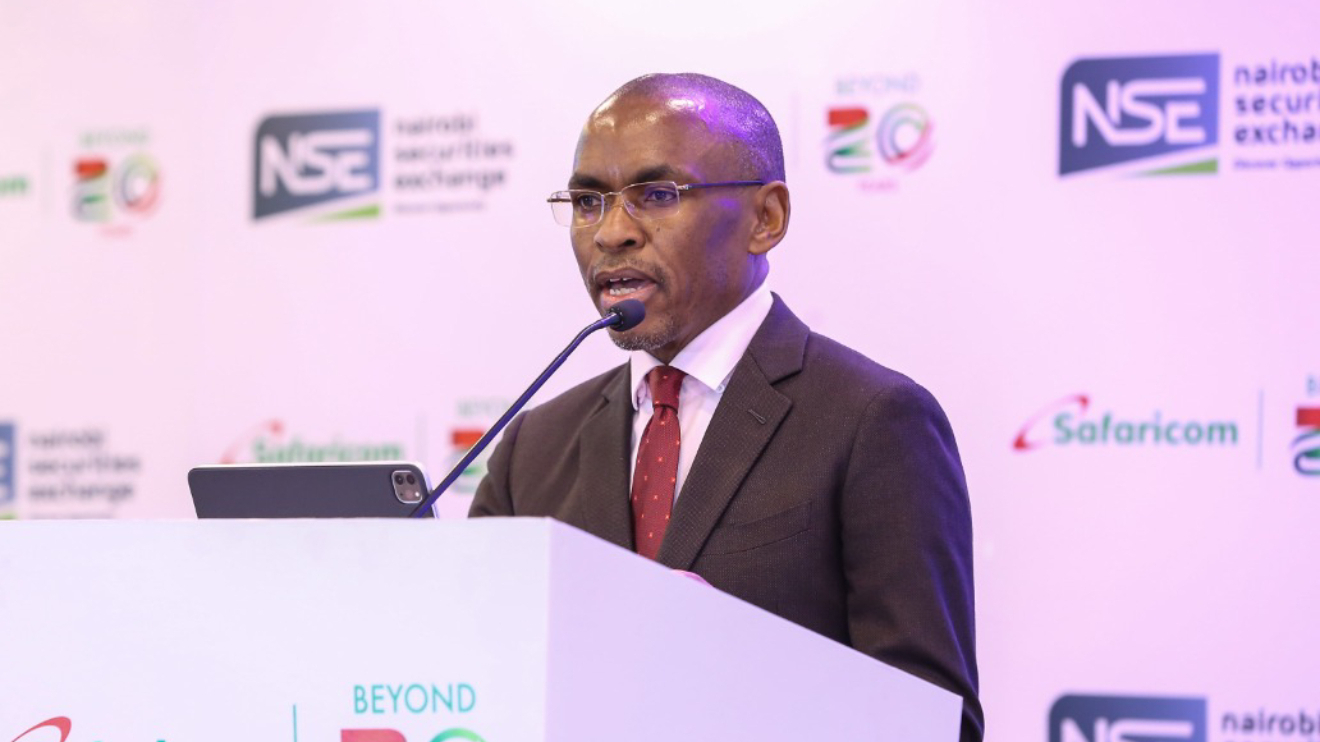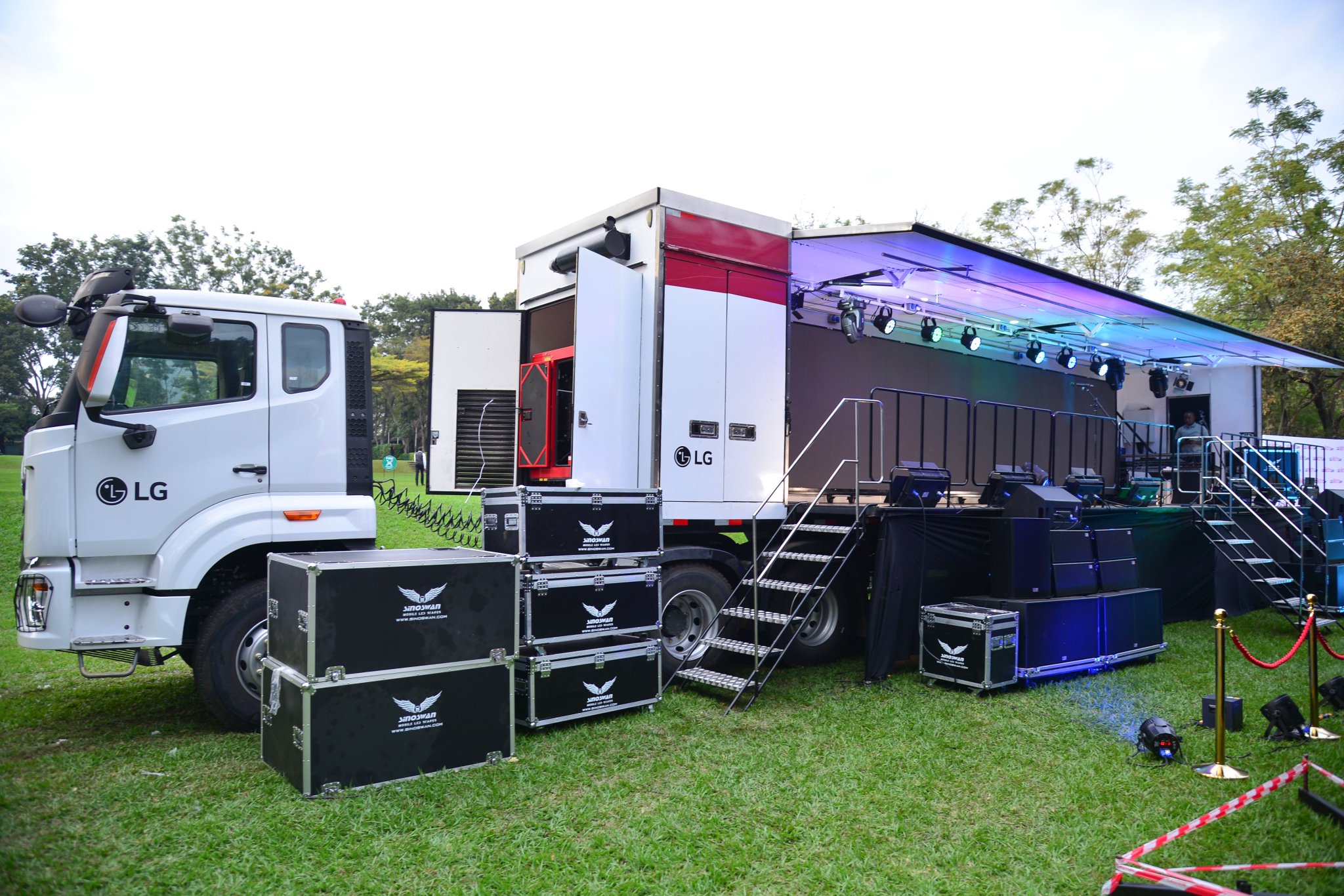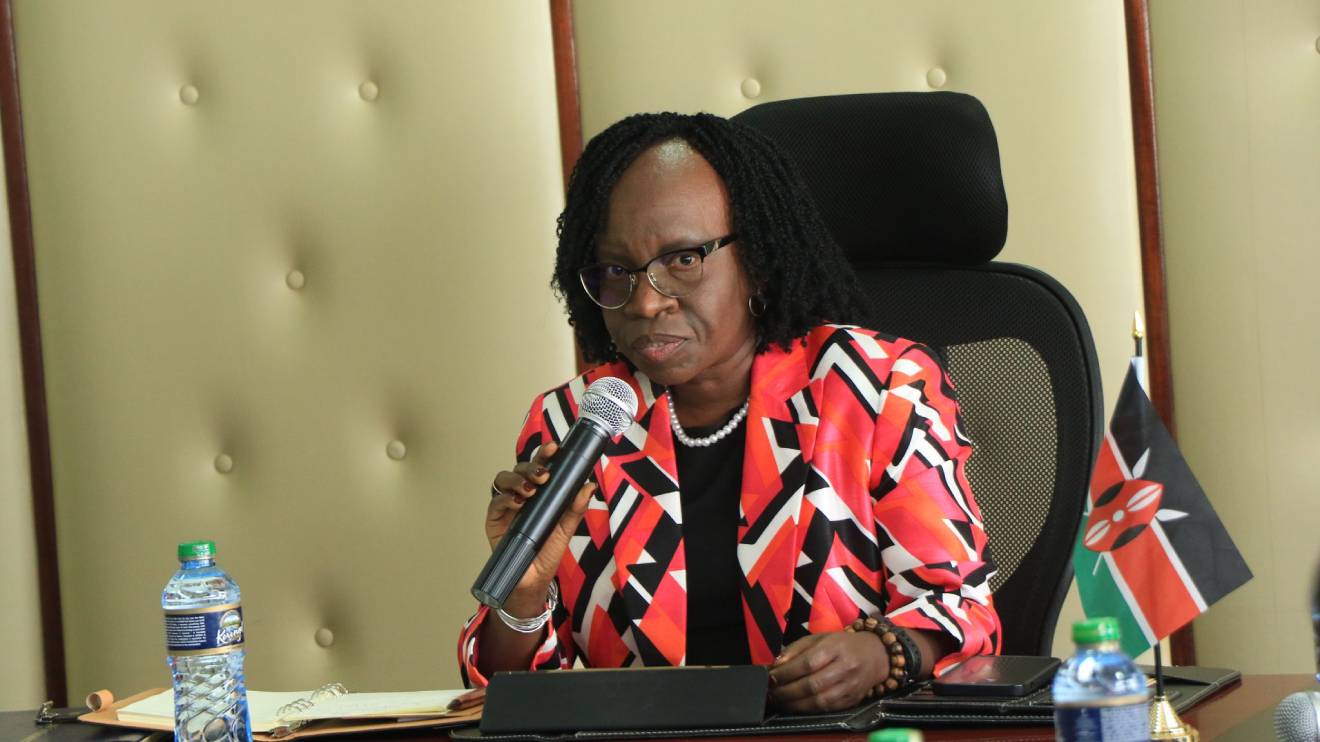Nairobi residents are set to experience a significant improvement in their daily commute, with the US government stepping in with a $60 million (Sh8.8 billion) investment.
The newly finalized Kenya Urban Mobility and Growth Threshold Program, spearheaded by MCC's Deputy Chief Executive Officer, Chidi Blyden, aims to tackle some of the city's most pressing transportation challenges.
One of its key components involves financing the procurement of eco-friendly buses, aligning with global efforts to combat climate change.
The collaboration between MCC and Kenyan authorities was underscored during a series of high-level meetings.
Blyden, alongside Principal Secretary Chris Kiptoo and Nairobi Governor Johnson Sakaja, delved into the intricate details of the program, aiming to ensure its seamless integration into Kenya's development framework.
Read More
Signed in September 2023, the initiative addresses the pressing challenges impeding mobility within Nairobi's urban landscape. With a comprehensive approach, it aims to tackle transportation needs, promote gender-sensitive infrastructure, and facilitate the adoption of sustainable transit solutions.
During her visit, Blyden and the MCC delegation engaged in insightful discussions with experts from the University of Nairobi, exploring innovative strategies to overcome urban mobility barriers.
Additionally, they conducted on-site visits to gridlocked neighborhoods and a pioneering electric bus assembly company, gaining valuable insights into the practical aspects of sustainable transportation.
"Helping residents in Nairobi safely navigate between their homes and work is critical for Kenya’s continued economic growth," Blyden emphasized, highlighting the program's significance.
"I am grateful for our partners in the Government who are working tirelessly to set up the Kenya Millennium Development Fund to implement this program and bring the benefits to the Kenyan people."
This ambitious initiative, the largest threshold program undertaken by MCC to date as Blyden described, will be implemented through four key projects:
1. Integrated Transport Planning Project: This project will focus on developing a unified, long-term transportation plan for Nairobi, ensuring seamless connectivity and prioritizing access and mobility for all.
2. First and Last Mile Connections Project: Addressing the often-neglected "first and last mile" challenge, this project will improve pedestrian infrastructure and public transport options in underserved areas, making commutes safer and more efficient for everyone.
3. Detailed Land Use Project: Analyzing land use patterns and identifying potential solutions, this project will contribute to creating a more sustainable and livable urban environment.
4. Blended Finance for Bus Rapid Transit (BRT) Project: This project will leverage public and private funding to acquire climate-friendly buses for the upcoming BRT system, reducing emissions and promoting cleaner transportation.
The program goes beyond just infrastructure improvements.
Recognizing the specific needs of women commuters, it will actively promote safer transportation options and address their unique challenges.
Additionally, the focus on climate-friendly buses aligns with Kenya's sustainability goals and paves the way for a greener future.
Blyden's meetings with Kenyan officials underscored the collaborative nature of the program.
Working together, the government and MCC are committed to ensuring the program's successful implementation and bringing tangible benefits to the people of Nairobi.
With its emphasis on inclusivity, sustainability, and safety, the Kenya Urban Mobility and Growth Threshold Program promises to transform Nairobi's streets, making them more efficient, accessible, and environmentally friendly.
This is not just a transportation upgrade; it's an investment in the city's future and the well-being of its residents.








-1757101509.jpg)